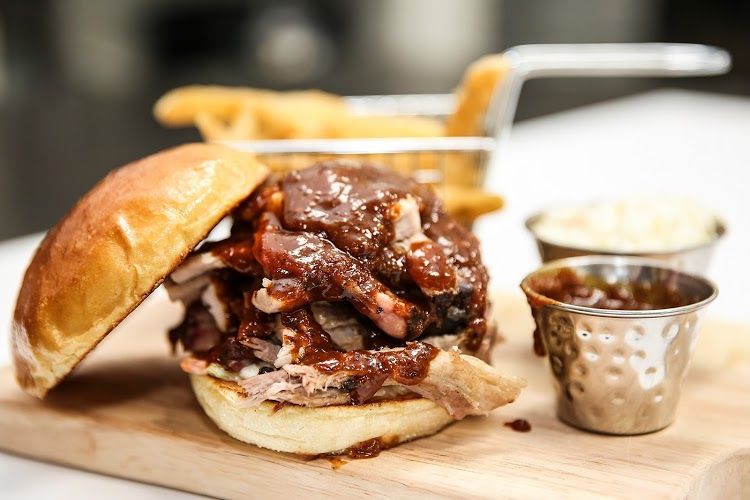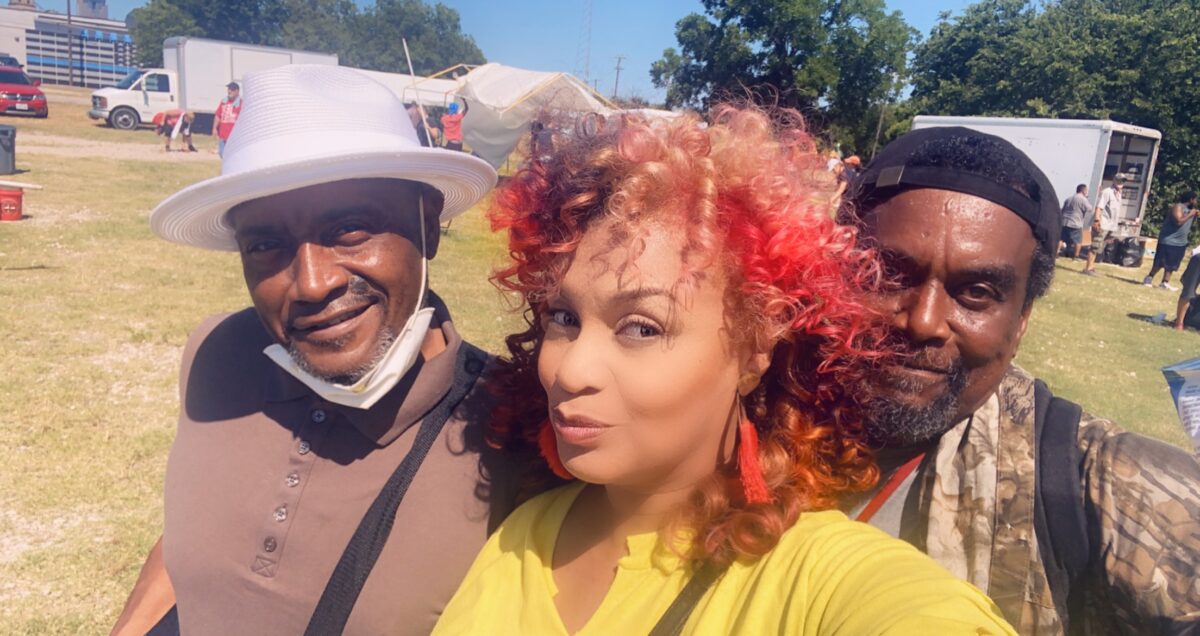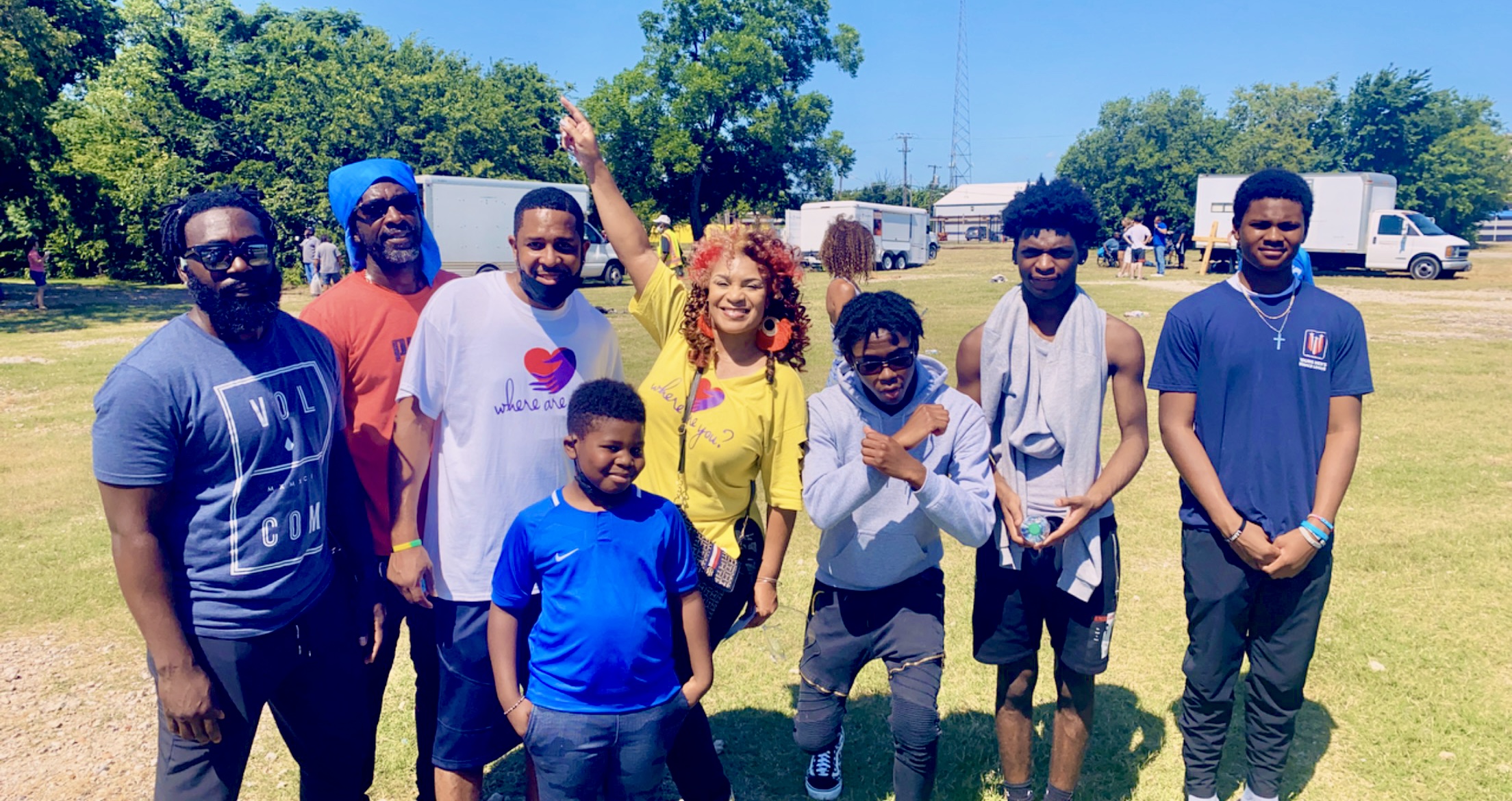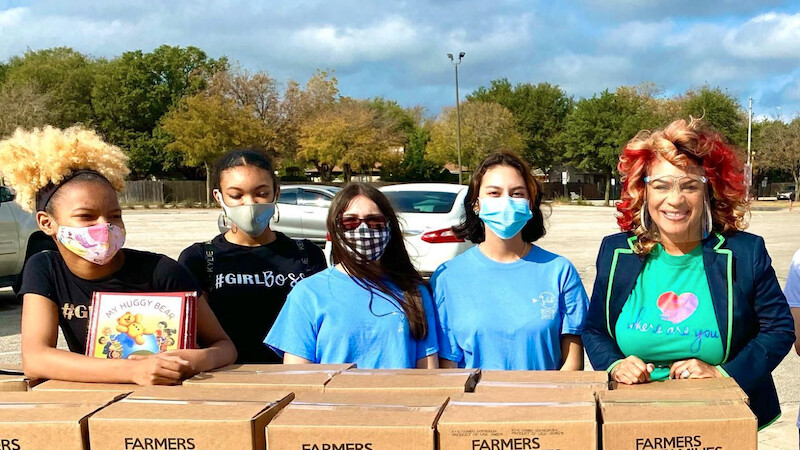At 31, Ben Ferguson took the perfect job for anyone seeking national influence. A conservative radio host, Ferguson joined CNN’s stable of political contributors in 2013. But seven years of expressing conservative views to a hostile audience, and even to hostile colleagues, became debilitating. “I got exhausted,” Ferguson said. “I just saw the hate and anger every time I’d go on TV that would come from people hoping that you die, and from liberal groups trying to attack you and silence you forever. They really try to ruin your life.”
So Ferguson chose to defuse the anger by building community. He left CNN last year and started a barbecue restaurant in his hometown, Memphis, Tennessee, while continuing his nationally syndicated radio show from Dallas. “I wanted an outlet that was just totally non-confrontational or controversial,” he said. “Food was my outlet to bring people to the table and bring them together.”
But Ferguson’s BBQ has a unique feature. It shares the building with a gun range the host also owns. “People love it,” he said. “It’s not what you expect when you’re walking into a gun range to have a world-class barbecue restaurant. People are going, ‘Are you kidding me? This is here?’ They keep coming back.”
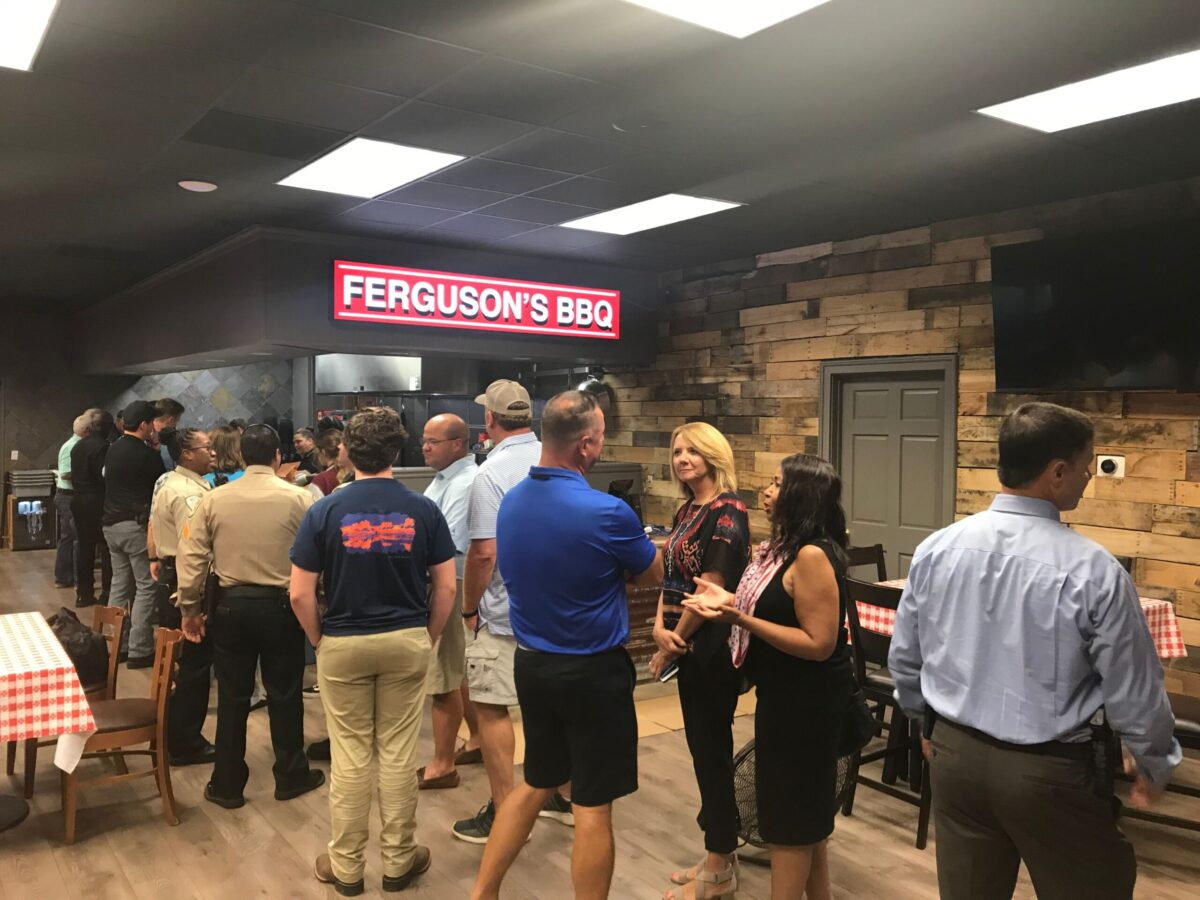
Savory Memories
Ferguson’s desire to open the restaurant reflects the memories of his younger days. “You know, when I lived there, I’ve never once cooked barbecue,” Ferguson said about Memphis. “The best barbecue places in the world are in Memphis, right? Why would you want to barbecue when you can literally just go down the street and eat some of the best barbecue in the world?
“But I missed the traditional Southern pork barbecue: pulled pork, shoulders, ribs and sausage. I got into barbecue because I missed it. I wanted that quality that I got in Memphis, when I could drive to an amazing restaurant and just get it.” His customers seem to agree. “Father’s Day was jam packed,” Ferguson said. “There was a wait list to get into the restaurant. We had our biggest Sunday ever on Father’s Day, which was exactly my goal: to bring families together.”
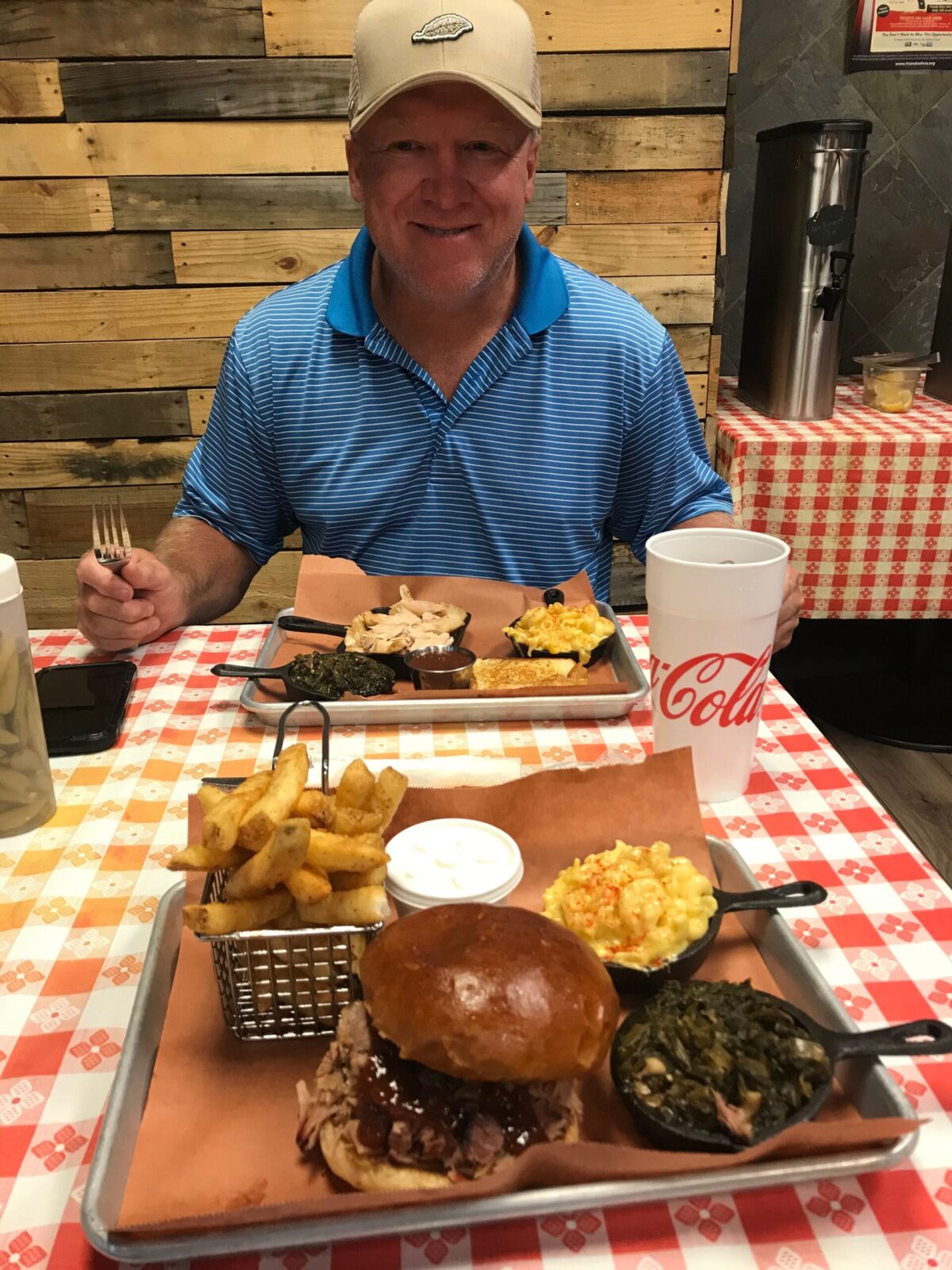
Serving Safety
The gun range, meanwhile, allows residents to receive defensive firearms training in one of the nation’s most dangerous cities. “I wanted to teach as many people as possible how to protect themselves,” Ferguson said. “There are a lot of single mothers in Memphis, and we’ve done a lot of outreach in trying to bring in single mothers so they can protect and defend themselves and their kids in their home. That’s part of our mission statement, our purpose, and it’s worked.”
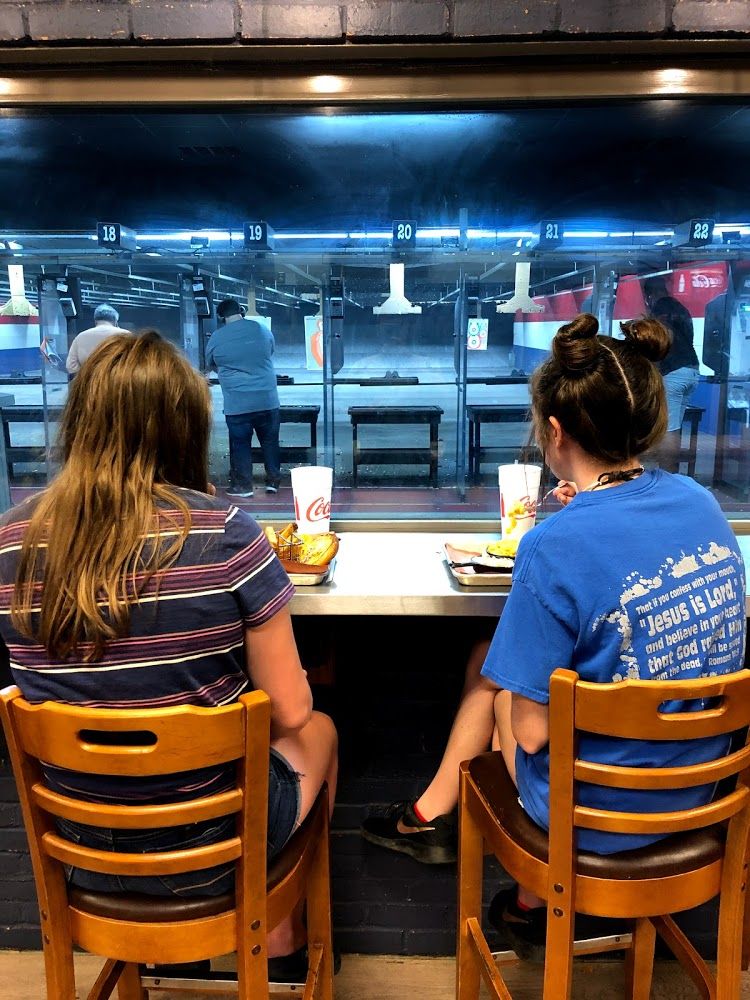
The unique pairing attracts a wide variety of customers. Some conduct Bible studies. Others hold weddings, wedding rehearsals, or funerals. “Every Friday morning, we have a group of men that just hang out with one another, and they have a great time,” Ferguson said “It’s pretty amazing.”
Backseat Beginnings
Ferguson’s journey to radio host and barbeque entrepreneur began “in the backseat of my mom’s car, listening to this new guy on the radio by the name of Rush Limbaugh,” he said. “That was in 1993.” At the time, Ferguson was 11 years old. Later, he heard another host, a liberal member of Memphis’s City Council, talk about a bill being debated in Congress. “I asked my mom if I could call in because I thought what she [the female host] said was wrong and inaccurate,” Ferguson said. “I called and challenged her on it after I got the bill from Congress. She started yelling at me but I was able to beat her with facts. I fell in love with talk radio right then and there.”
Two years later, at 13, Ferguson became the nation’s youngest talk-show host. At 20, he became the youngest to sign a syndication contract. At 23, he wrote his first book, “It’s My America, Too,” and spoke at the 2004 Republican National Convention. In 2012, Ferguson moved to Dallas, where he conducts his local and national shows.
A Way to the Heart
But the 39-year-old radio host might be making his biggest impact outside of the studio. “I’ve had liberals who say, ‘Ben, I don’t believe in what you said on the radio. But let me tell you, I went out to your restaurant,’ ” Ferguson said. ” ‘I couldn’t not try it after you’ve been talking about it for the past year, and I ended up taking a permit class. So I just want to say thank you because now, I can protect my family. I really enjoyed your staff and your facility.’ Bridging that gap has been amazing.”
For Ferguson, the way to a potential antagonist’s heart winds through the aroma of sauce and spices. “Anytime you smell barbecue or cook barbecue, it brings people together from different walks of life,” he said. “It doesn’t matter your politics.”
Joseph D’Hippolito is a freelance writer whose commentaries have appeared in the Jerusalem Post, The Stream, Front Page Magazine, and American Thinker.

